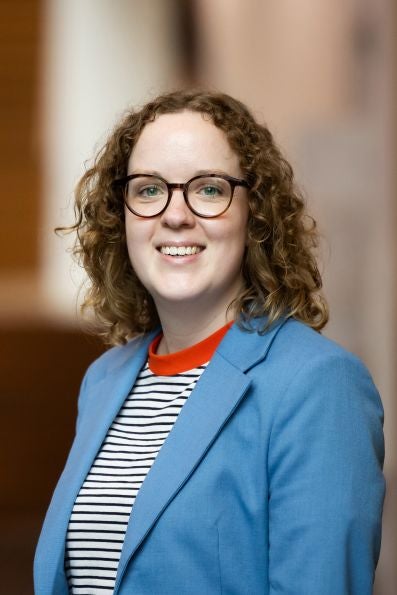Course description
There is great interest among students and practitioners today to understand the causal mechanisms underlying major events. Identifying cause-and-effect relationships is important for impact evaluation and effective policy design. Such identification can help us answer questions like: "What causes an economic downturn?", "Does universal basic income reduce unemployment?" and "Does a carbon tax reduce greenhouse gas emissions?"
However, identifying causal relationships using data is often error prone. Differentiating causality from simple correlation requires learning and applying sophisticated quantitative tools. The golden standard of identifying causal linkages relies on designing experiments, often through randomised control trials. But designing a randomised control trial is not always feasible or ethical.
Moreover, some events might have already happened in the past, such as a financial crisis or a cyclone. How can one use observational data to analyse the causal effects of such events? This course provides a hands-on introduction to statistical methods for causal inference.
Over two weeks, students are introduced to experimental and quasi-experimental methods which allow them to infer cause-and-effect relationships robustly. We teach these methods from both a theoretical and applied lens, supplementing lectures with hands-on computer tutorials in the R programming language to help students learn by doing.
Continue reading below for course topics, learning objectives and more.

